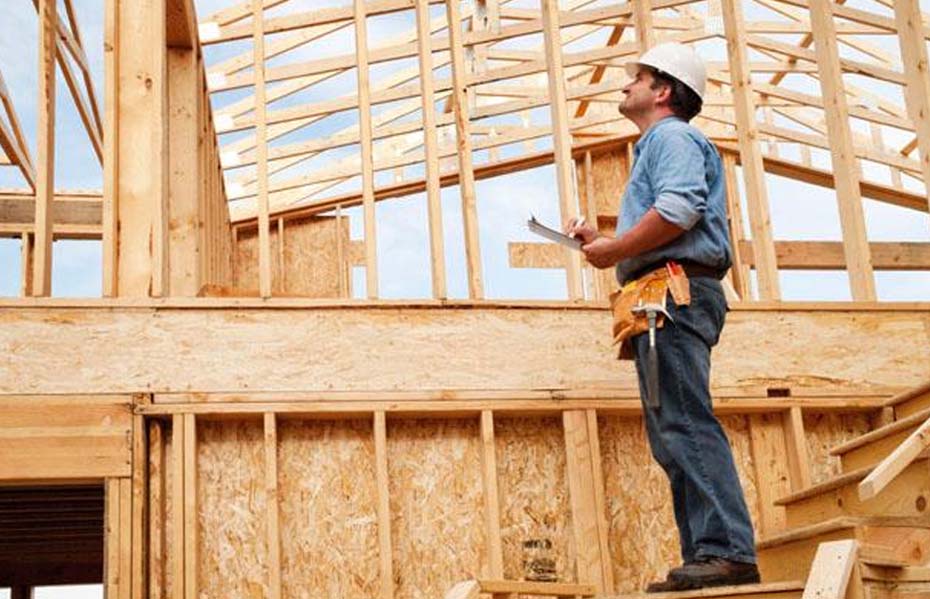

You have found the perfect vacant block to build your dream home, you put in an offer and it is accepted. You are thrilled! Then you receive a copy of the contract to sign and at the back are several pages of building covenants. They can seem a bit strange at first instance but they are far from uncommon. Here’s a few of the more common questions we get asked about building covenants.

Building covenants are a set of rules about the type of buildings that can be built on the land. You are most likely to be asked to sign building covenants when you are purchasing a vacant block of land that is part of a development. The developer, or seller, will want you to sign to acknowledge that you agree to build a home that will be similar in style to other homes in the development. They may include rules about how many stories the building can be, where the building can be situated on the block, and what kind of fence you are allowed to erect on the property.
A developer may ask all the people purchasing blocks of land that are part of the development to sign the same building covenants. This allows the developer to guarantee to buyers, what kind of neighbourhood they will be living in (i.e. if the covenants provide for brand new homes of a certain quality to be built, this can help you feel more comfortable that you will be living in a more upmarket area). This can also work in your favour if you are planning on reselling the property as it can provide some certainty as to the quality of the neighbourhood your home will be situated in and therefore hopefully increase the resale value.
Building covenants aren’t like easements or similar, which automatically travel with the land, they are a personal obligation on the owner so they have to be personally passed on during any future sale. Most building covenants will include a provision that requires that you pass the covenants on to any future owners of the land. This may cause issues if you sell the property many years later, as you would have to locate a copy of the covenants, and ask the buyer to agree to the covenants. Often times the covenants can become obsolete once a home has already been built (unless the new seller is planning on demolishing it and building a new structure), however if you have agreed to pass them on you must do this. Failure to pass on the building covenants could expose you to being sued by the original developer.
The important thing with building covenants is to be aware of them and of what responsibilities they will place on you as the owner. If you are planning to build a French-style castle on your lot but the building covenants specify a Colorbond roof, the property might not be for you. Before you sign on the dotted line, make sure you get some advice on the building covenants.
By Taleena Meyers
Copyright © 2024 reeslaw.com | All Rights Reserved. | Digital Agency - Supple